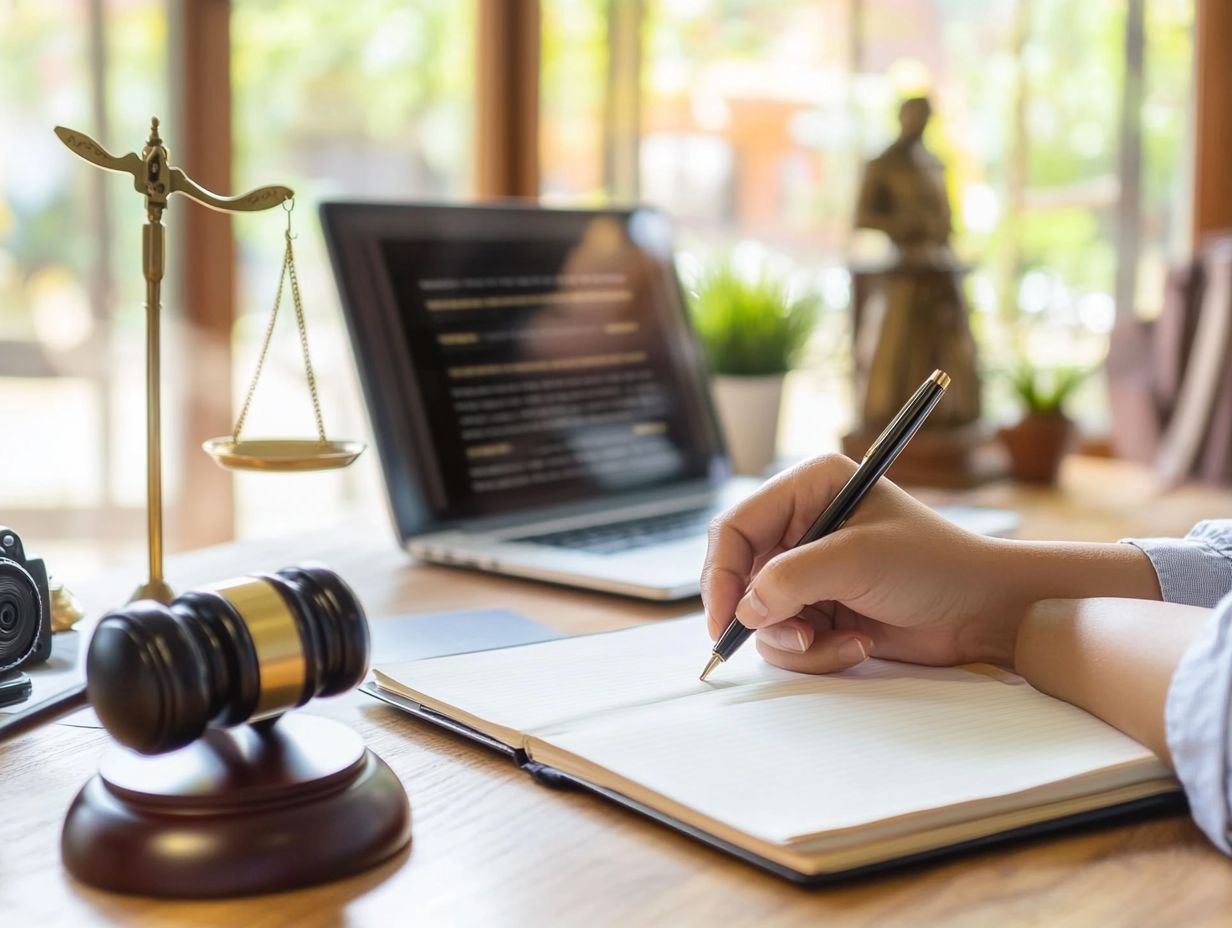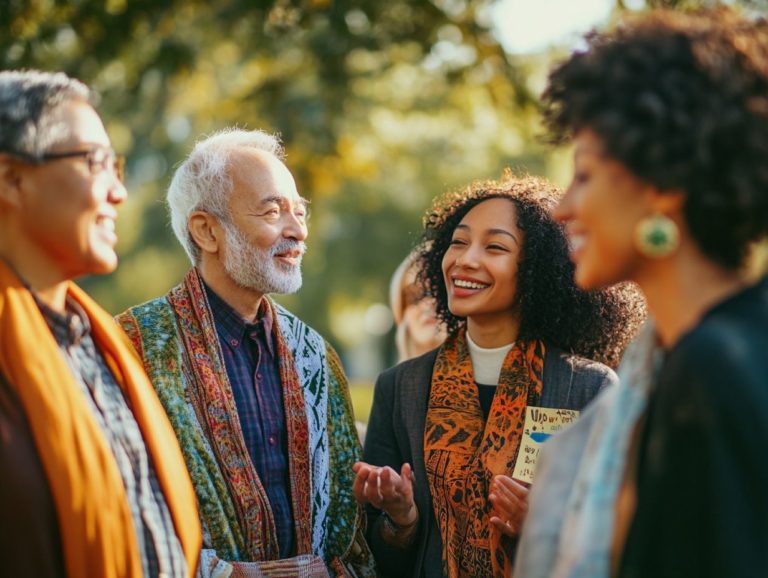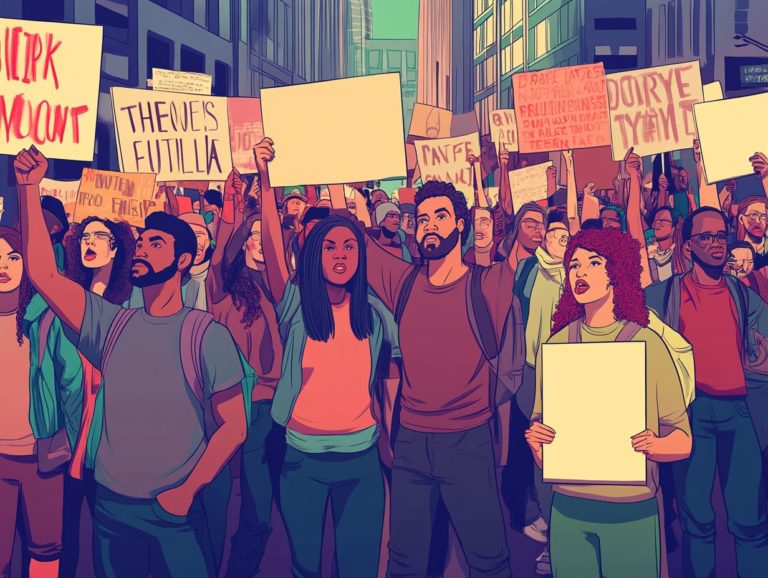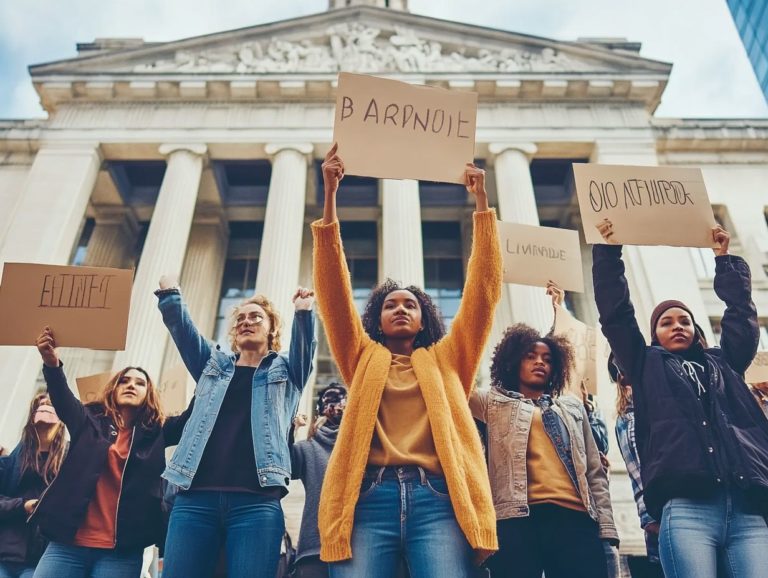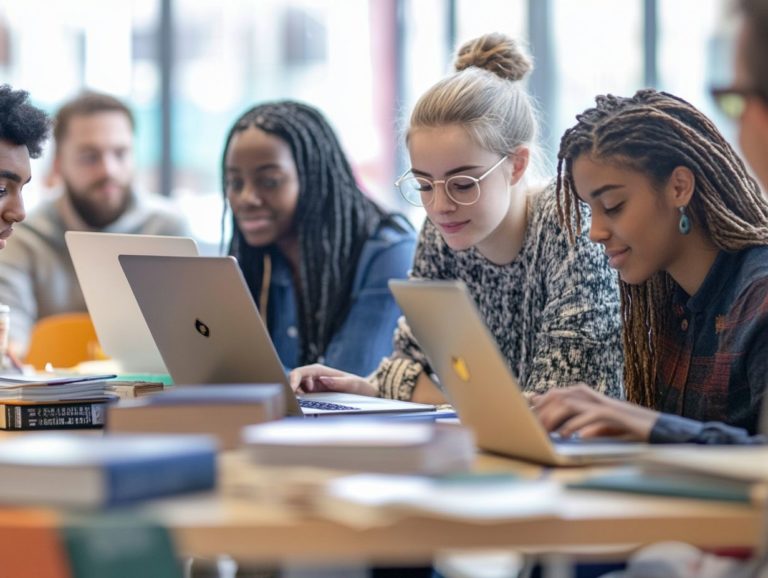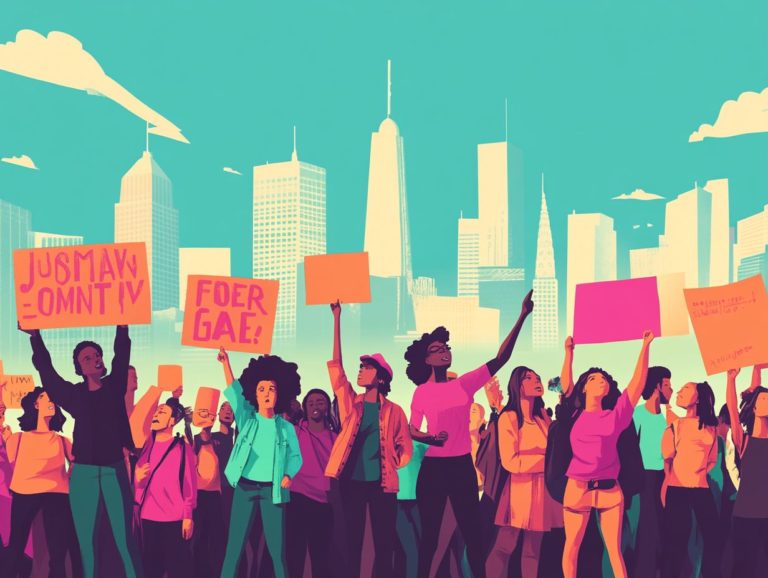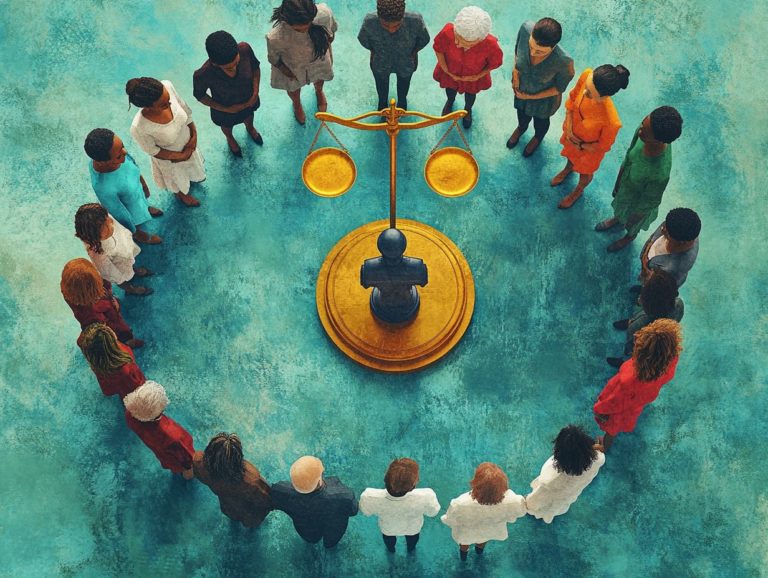How to Document a Rights Violation
Understanding rights violations is essential in today s society, where countless individuals encounter injustices in various forms.
This article delves into what constitutes a rights violation and underscores the significance of effectively documenting these incidents.
It outlines practical steps for gathering and organizing evidence, along with guidance on seeking legal assistance.
You ll uncover valuable resources to bolster your efforts and tips for ensuring your safety throughout the documentation process. Equip yourself with the knowledge necessary to advocate for justice.
Contents
- Key Takeaways:
- Understanding Rights Violations
- Importance of Documenting Rights Violations
- Steps to Document a Rights Violation
- Resources for Documenting Rights Violations
- Conclusion
- Tips for Staying Safe During Documentation
- Frequently Asked Questions
- 1. What is a rights violation?
- 2. Why is it important to document a rights violation?
- 3. How should I document a rights violation?
- 4. Who should I report a rights violation to?
- 5. What should I do if I can’t document a rights violation immediately?
- 6. Can I remain anonymous when documenting a rights violation?
Key Takeaways:

Recognize what constitutes a rights violation to accurately document and address it.
Documentation of rights violations is crucial for seeking justice and accountability.
Gather evidence, organize information, and seek legal support to effectively document a rights violation.
Understanding Rights Violations
Understanding rights violations in Venezuela, especially within the framework of Hugo Chavez’s 21st century socialism, calls for a thorough examination of the complex challenges in politics, economy, and society.
This transformation has significantly impacted university students and activists. The pervasive police and military repression, evident through arbitrary detentions and violent crackdowns on protests, has fostered a concerning atmosphere for human rights and legal integrity in the country.
Organizations like CODHEZ and Amnesty International are on the frontlines of documenting these violations and advocating for necessary change.
What Constitutes a Rights Violation?
A rights violation occurs when actions infringe upon the fundamental freedoms and entitlements afforded to individuals under international human rights laws. This includes arbitrary detentions and various forms of police and military repression.
These violations can manifest in numerous unsettling ways, fostering a climate of fear and oppression. Take Venezuela, for instance, where the government has faced widespread criticism for its heavy-handed tactics against dissent. Instances of unlawful detainment of political opponents and activists have become alarmingly common.
In this context, military and police forces play a crucial role in enforcing this repression. Often, they resort to excessive force to quell protests and maintain control. Reports detail shocking cases where individuals have been forcibly removed from their homes and subjected to inhumane treatment, clearly violating national and international legal standards.
These actions not only undermine individual rights but also chip away at public trust in governmental institutions, complicating the already challenging path to justice.
Importance of Documenting Rights Violations
The significance of documenting rights violations is paramount, particularly in a nation like Venezuela, where relentless police and military repression against citizens including students and activists threatens human rights and democratic principles.
This documentation is crucial for holding violators accountable and fighting for justice. It enables Non-Governmental Organizations (NGOs) like CODHEZ and Amnesty International to champion the cause of victims and elevate awareness on both local and global stages.
Why Documentation is Crucial
Documentation holds immense importance in the realm of human rights advocacy, especially in Venezuela, where a political crisis has sparked widespread violations. This ensures victims’ stories are not just heard but also recognized.
Engaging in this process amplifies the voices of those affected and serves as critical evidence to support legal actions against the perpetrators of these abuses. Thorough documentation can educate the international community, shedding light on the intricate human rights challenges in the region.
In Venezuela, where misinformation is pervasive and conditions are alarming, NGOs encounter significant hurdles in gathering credible evidence. They work diligently to collect testimonies, photographs, and reports that emphasize the gravity of the situation, ultimately advocating for urgent policy changes and interventions grounded in the wealth of documented evidence they compile.
Steps to Document a Rights Violation
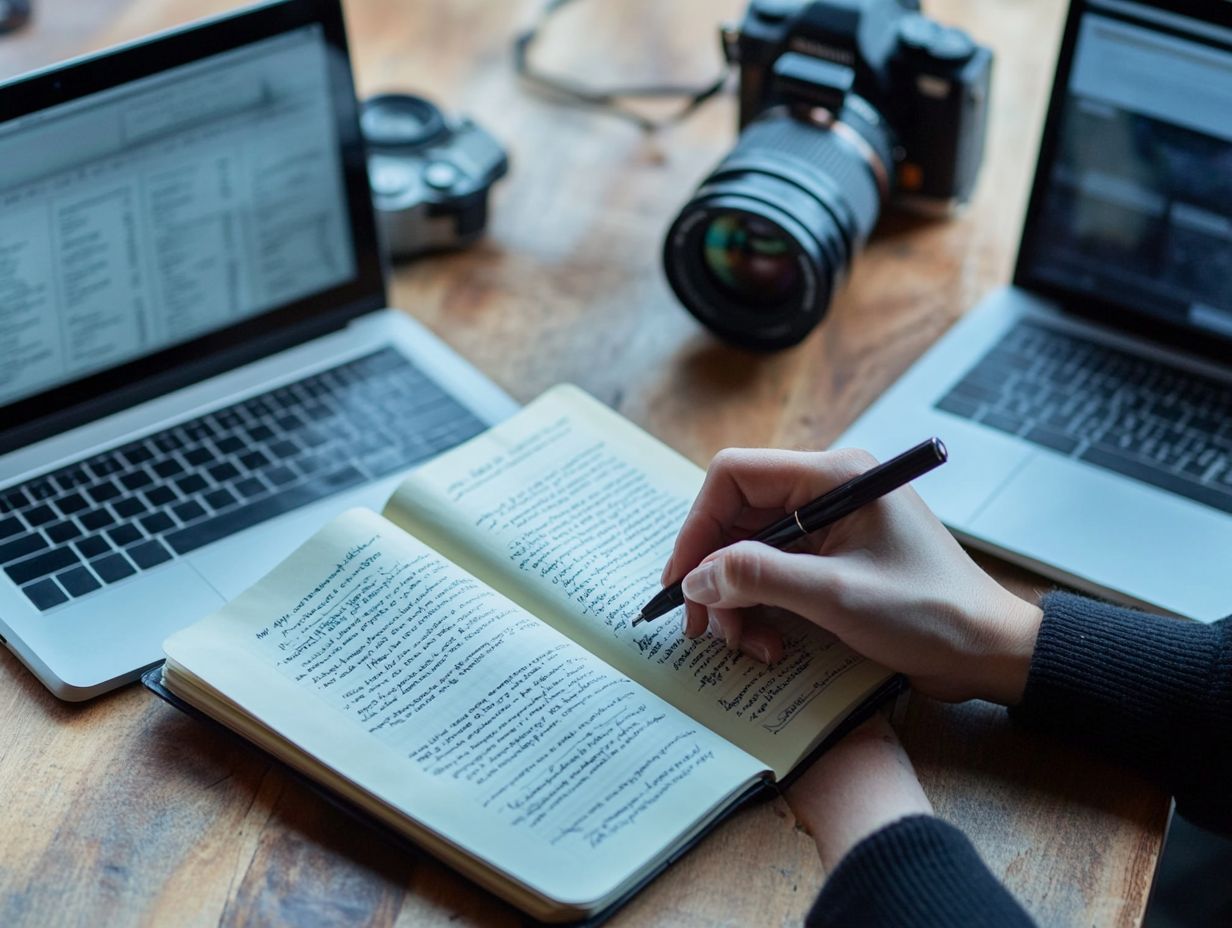
Documenting a rights violation requires a careful approach to guarantee that evidence is collected and presented clearly.
This process becomes particularly vital in cases of arbitrary detentions and other forms of repression unfolding in Venezuela.
Gathering Evidence
Gathering evidence is a crucial first step in documenting human rights violations, particularly in challenging contexts like Venezuela, where police and military repression can hinder the acquisition of credible and reliable information.
In such tumultuous environments, various types of evidence become essential.
- Eyewitness accounts capture personal observations and offer invaluable context.
- Photographic documentation acts as visual corroboration, presenting the stark reality of abuses in an instant.
- Official reports from dedicated human rights organizations can bolster these claims. It s vital to recognize the importance of credibility and reliability in these sources.
The credibility of the evidence you collect can be significantly shaped by the prevailing political climate, where external pressures may distort the narrative and complicate the quest for truth and justice.
Organizing and Recording Information
Organizing and recording information efficiently is essential in the documentation process of rights violations. This enables you and your team to build compelling cases and provide robust support to victims.
By implementing systematic approaches, you streamline the collection process. This enhances accuracy and reliability. For instance, utilizing tools like spreadsheet software proves invaluable for tracking incidents and compiling statistics.
Dedicated databases, such as Airtable, allow you to categorize information effectively, ensuring nothing slips through the cracks. Leveraging mobile apps facilitates real-time reporting, so you can capture data promptly and securely.
Collaborative platforms like Slack or Trello foster communication and coordination among your team members, making it easier to share updates and insights in the fast-paced world of human rights advocacy.
Seeking Legal Assistance
Seeking legal assistance is essential for victims of rights violations, especially in Venezuela, where arbitrary detentions and state repression can leave individuals exposed without proper representation.
In this challenging environment, understanding the available avenues for support becomes crucial. You might feel isolated and overwhelmed, but rest assured that organizations and dedicated legal entities are actively working to bridge that gap.
By reaching out to local NGOs now, you can access not only legal advice but also emotional support and resources to help you navigate the complex legal landscape.
Legal representation is vital, enabling victims like you to pursue justice and hold accountable those responsible for your suffering. Engaging with skilled advocates can give you a voice and a genuine opportunity to reclaim your rights in an often oppressive system.
Resources for Documenting Rights Violations
A wealth of resources awaits you if you’re aiming to document rights violations, especially in places like Venezuela.
Organizations such as CODHEZ and Amnesty International are essential allies, offering crucial support and guidance throughout your efforts.
Organizations and Tools for Support
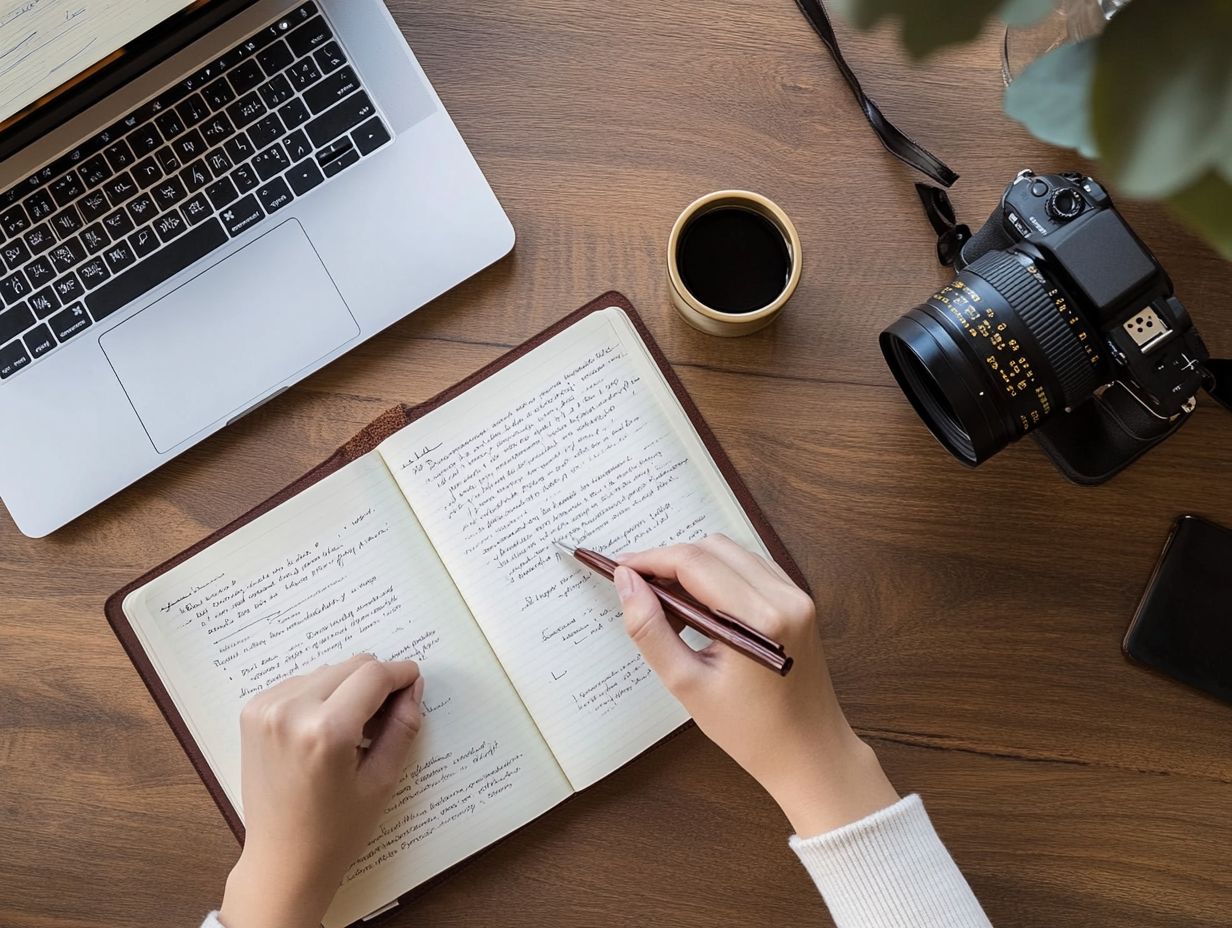
Organizations like CODHEZ and Amnesty International are invaluable allies for anyone looking to document human rights violations, providing both practical assistance and strategic guidance.
They employ a range of methodologies eyewitness accounts, video documentation, and detailed examinations of evidence to capture and verify incidents of abuse, ensuring the voices of those affected are amplified.
In Venezuela, where these violations often slip under the radar, the collaboration between grassroots activists and larger international bodies significantly enhances their impact.
You can actively engage with these resources by reporting incidents through established hotlines, participating in training sessions, and attending workshops that focus on the art of documentation and advocacy.
Get involved to create accountability and make a meaningful difference.
Conclusion
Documenting rights violations is crucial for justice. Start taking action today to protect human rights in your community.
Tips for Staying Safe During Documentation
Your safety is vital when reporting human rights abuses, especially for activists in Venezuela.
You face constant threats from police and military repression as you collect evidence and report incidents.
Protecting Yourself and Your Evidence
Protecting yourself and your evidence is essential. The risk of police and military retaliation can endanger your safety and the information you gather.
Prioritize secure storage solutions for your data. Using encrypted devices and cloud services helps keep your information safe from unauthorized access.
Consider anonymous reporting tools that protect your identity while preserving sensitive evidence. Use pseudonyms online and secure communication apps to enhance your safety.
Planning and being prepared are crucial. Create a detailed action plan with safe meeting points and responses to potential threats. This approach lets you continue your vital work without fear.
Frequently Asked Questions
-
1. What is a rights violation?
A rights violation occurs when someone’s basic human rights are ignored. These rights are defined in international laws and treaties.
-
2. Why is it important to document a rights violation?
Documenting these violations provides evidence and helps hold violators accountable. It also raises awareness and advocates for justice.
-
3. How should I document a rights violation?
Gather as much factual information as you can, like dates, locations, and witnesses. Also, collect physical evidence, such as photos or videos.
-
4. Who should I report a rights violation to?
If it happened in your community, report it to local authorities or human rights organizations. For larger issues, contact international bodies or the United Nations.
-
5. What should I do if I can’t document a rights violation immediately?
If you can’t document it right away, jot down everything you remember. Gather evidence as soon as you can and reach out to witnesses.
-
6. Can I remain anonymous when documenting a rights violation?
Yes, you can remain anonymous for your safety and the safety of others. However, provide accurate and detailed information to ensure your report is credible.

